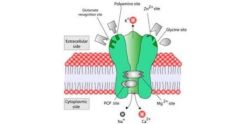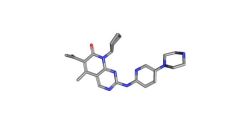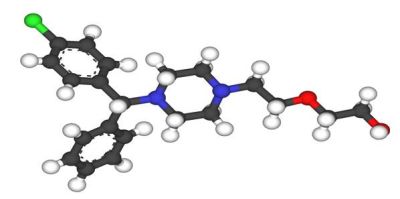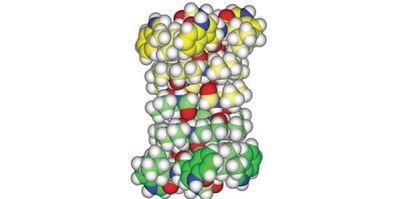According to a new report by the Generic Pharmaceutical Association (GPhA), generic drugs saved the United States health system approximately $239 billion in 2013. This is a 14 percent increase in the cost savings that were achieved in 2012. It is also the largest annual savings from generic drugs to date.
The report reveals
that generic medications have saved an overall $1.5 trillion over the last
decade. In addition, nervous and cardiovascular treatments in the last ten
years account for 58 percent or $851 billion of cost savings. The data has been
compiled by IMS Health on behalf of GPhA.
Ralph G. Neas,
President and CEO of the GPhA believes that opting for generic drugs is a smart
decision and can move the nation's healthcare budget in a positive direction.
"Recent Congressional Budget Office (CBO) estimates now predict that
Medicare and Medicaid spending is expected to drop by billions over the next
decade," he says.
The fact that generic
drugs have saved $239 billion makes it very clear that they have
already played a critical role in lowering health costs. The savings have been
unparalleled this year and it is believed that these savings will continue to
grow substantially as the industry enters the era of biosimilars.
Neas also points out
that this report is a clarion call to lawmakers, regulators and
stakeholders and communicates a clear message that generic drugs are important
to the healthcare system and that the system needs to work together to ensure
that their success is sustained. It is
also important to pave the way for safe and affordable biological therapies.
Spending on federal healthcare
programs have been steadily declining. It is projected that Medicare
spending will drop by $49 billion from 2015 to 2024 and Medicaid spending will
drop to $40 billion over the next decade. Generic drugs could provide the
ultimate solution to achieve the same outcomes and provide patients the same
medicines at a lower price and contribute to a reduction in health costs.
The findings of this
study coincide with the 30th anniversary of the landmark Drug Price Competition
and Patent Restoration Act (also known as the Hatch-Waxman Act). The Act was originally
signed into law in September 1984 and has been the driving force behind the
creation of the generic drug industry.
“Thirty years
ago," said Neas, "no one could have predicted that generic drugs
would save the US healthcare system nearly $1.5 trillion over 10 years alone.
The Hatch-Waxman law has yielded hundreds of unprecedented medical
breakthroughs by rewarding innovation, and trillions of dollars in savings from
encouraging competition."
Source: Medical News
Today
Image Credit: Wikimedia Commons
























